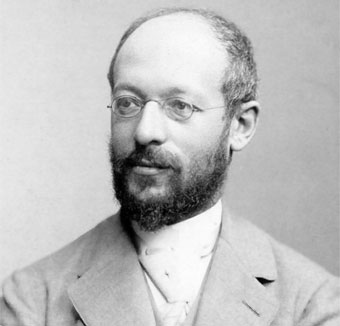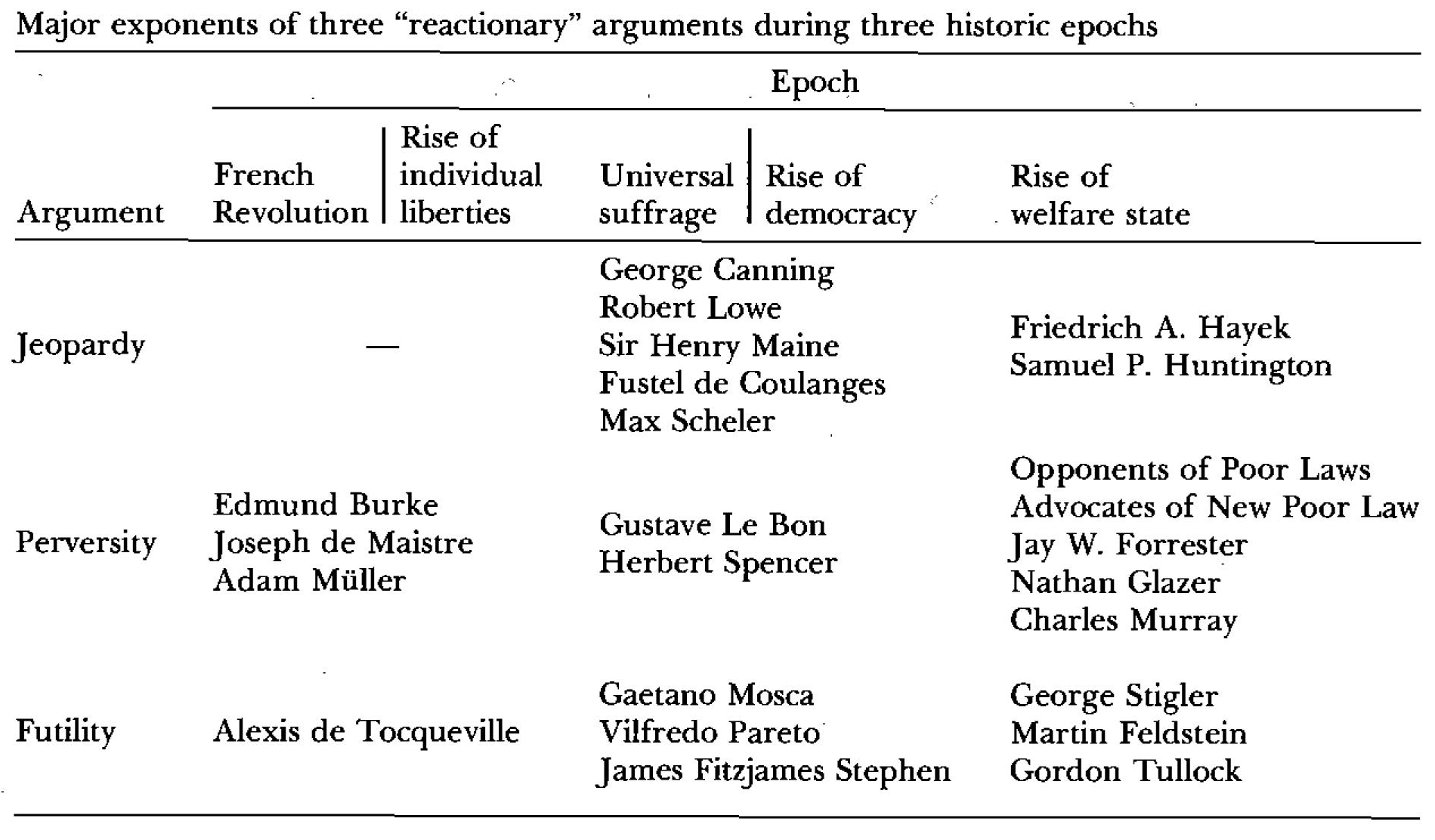- Georg Simmel’s Philosophy of Money: An Introduction
- Georg Simmel’s Philosophy of Money: 1. Value and Money
- Georg Simmel’s Philosophy of Money: 2. The Value of Money as a Substance
- Georg Simmel’s Philosophy of Money: 3. Money in the Sequence of Purposes
- Georg Simmel’s Philosophy of Money: 4. Individual Freedom
- Georg Simmel’s Philosophy of Money: 5. The Money Equivalent of Personal Values
- Georg Simmel’s Philosophy of Money: 6. The Style of Life
Sociologist Georg Simmel published his magnum opus, The Philosophy of Money, in 1900 in Germany. Drawing on Kant, Marx, and Weber among many, many others, the book has Simmel’s singular style that separates him from pretty much every other sociologist that has ever lived. The closest analogue I know might be C. Wright Mills in his more poetic moods, but where Mills is fiery and desperate, Simmel is far more reflective. In looking at money as a ground and metaphor for modern human social existence, Simmel often seems awestruck and overwhelmed by the sheer power and meaning of money in our society. Just as often he expresses reserved horror at the injustice and inhumanity that is lubricated by monetary commensurability.
The Philosophy of Money is a hybrid work of philosophy and sociology, perhaps a “philosophical anthropology” similar to that which Ernst Cassirer and Hans Blumenberg would later engage in. It is only loosely an economic work, because Simmel never gets to the point where he can generalize over the behavior of economic populations. Rather, he focuses on the psychological and sociological effects of money as a cultural determinant. And it’s very much the idea of money rather than capital or work. He is fascinated by the implications of the introduction of a universally commensurable measure of value that has no intrinsic value of its own. Rather than focusing on how people argue over the allocations of values, he looks at how the prior requirement, the nature of valuation itself, influences those discussions.
The main themes, as I read them, are the following:
- Money as a structural metaphor for human existence (almost every aspect of it)
- The dual nature of the word “value,” moral and monetary
- The physicalization, universalization, and commodification of value (through money or otherwise)
- The effects of valuation and commensurability on human relations
The final theme ultimately becomes most important, but Simmel spends time laying the groundwork for it by examining the nature of value and how it is assigned and fixed, before he then moves on to how value is standardized and made portable and universal by money. Simmel’s treatment of “value” is heavily influenced by Kant’s first and third critique, which isn’t too surprising given that Simmel came out of the 19th century neo-Kantian movement which wanted to reclaim Kant’s worth after Hegelianism had petered out. Value, being something not assigned by nature but by creatures, becomes a crucial cognitive category in life, despite being something that each of us has comparatively little control over. (Language is also a category of this sort, though at least in 1900 “value”‘s constructed nature was a bit more clear than that of language.)
Simmel makes clear just how philosophical it is by declaring in the introduction that money has attracted his attention because it is the purest and most ubiquitous manifestation of the perennial problem that has vexed philosophers, the relation between the universal and the particular:
Money is simply a means, a material or an example for the presentation of relations that exist between the most superficial, ‘realistic’ and fortuitous phenomena and the most idealized powers of existence, the most profound currents of individual life and history. The significance and purpose of the whole undertaking is simply to derive from the surface level of economic affairs a guideline that leads to the ultimate values and things of importance in all that is human.
In the tradition of early modern philosophers, Simmel writes with no notes, footnotes, or references, and mentions of other authors are sparing. In a dense, 500-page work, this is quite foreboding, and Simmel seems to have been one of the last to get away with it to this extent. In compensation, though, he adopts what I can only call a sonata-like stye. Unlike James Joyce in the “Sirens” chapter of Ulysses, Simmel isn’t consciously trying to fit a musical form onto his writing. It’s just that because he is writing in a semi-casual yet resolutely abstract manner, he develops a very particular technique for keeping readers (and himself) located in the flow of the work. He repeats his major themes quite often, rephrasing them but leaving the underlying points unmistakable. (In fact, by rephrasing the points over and over, he makes it easier to grasp what is essential among those points.) So where Joyce’s chapter is one of the less successful conceits of Ulysses, because the form and content do not reach enough of a unity (similar to “Oxen of the Sun”) to give the feel of an organic whole, The Philosophy of Money feels very organic, through-composed, and linear. This, as well as Simmel’s comparatively plain German style, are helpful features, because Simmel is doing deep conceptual work rather than case studies or data analysis.
Alternatively, you can think of The Philosophy of Money as following a tree structure, points and subpoints emerging from a common root and diverging, except where most philosophers simply present their overarching root theses and then cover the tree branch by branch assuming the root theses have been fully assimilated, Simmel repeats some of the root and main branch material every time he finishes one subbranch or leaf and goes to another. This makes the book redundant at times, but also makes it far easier to absorb.
Simmel was aware that he was going against the current of both anthropological and philosophical investigations. His book is closer to Robert Musil’s The Man Without Qualities than it is to Durkheim or even Weber, except Musil manifested his archetypes as “characters” and developed his themes through the stretched conceits of fiction. (Musil attended Simmel’s classes around this time.) Simmel just thinks and thinks and thinks, touching on specifics only as the urge strikes him. He is aware of the dangers of this approach, yet he finds his anchor in the concrete existence of money, the substance which we see and feel and count, something that is right before us and lacks the abstruse invisibility of “cognition” or “being.”
The unity of these investigations does not lie, therefore, in an assertion about a particular content of knowledge and its gradually accumulating proofs but rather in the possibility which must be demonstrated—of finding in each of life’s details the totality of its meaning. The great advantage of art over philosophy is that it sets itself a single, narrowly defined problem every time: a person, a landscape, a mood. Every extension of one of these to the general, every addition of bold touches of feeling for the world is made to appear as an enrichment, a gift, an undeserved benefit. On the other hand, philosophy, whose problem is nothing less than the totality of being, tends to reduce the magnitude of the latter when compared with itself and offers less than it seems obliged to offer. Here, conversely, the attempt is made to regard the problem as restricted and small in order to do justice to it by extending it to the totality and the highest level of generality.
Philosophy has become too windy, he says, and no longer touches down on anything that most people can recognize. Money is something that we all know.


![MoscowRules-GeorgeSmiley-AlecGuinness-01[1]](http://www.waggish.org/wp-content/uploads/2011/03/MoscowRules-GeorgeSmiley-AlecGuinness-0112.jpg)
